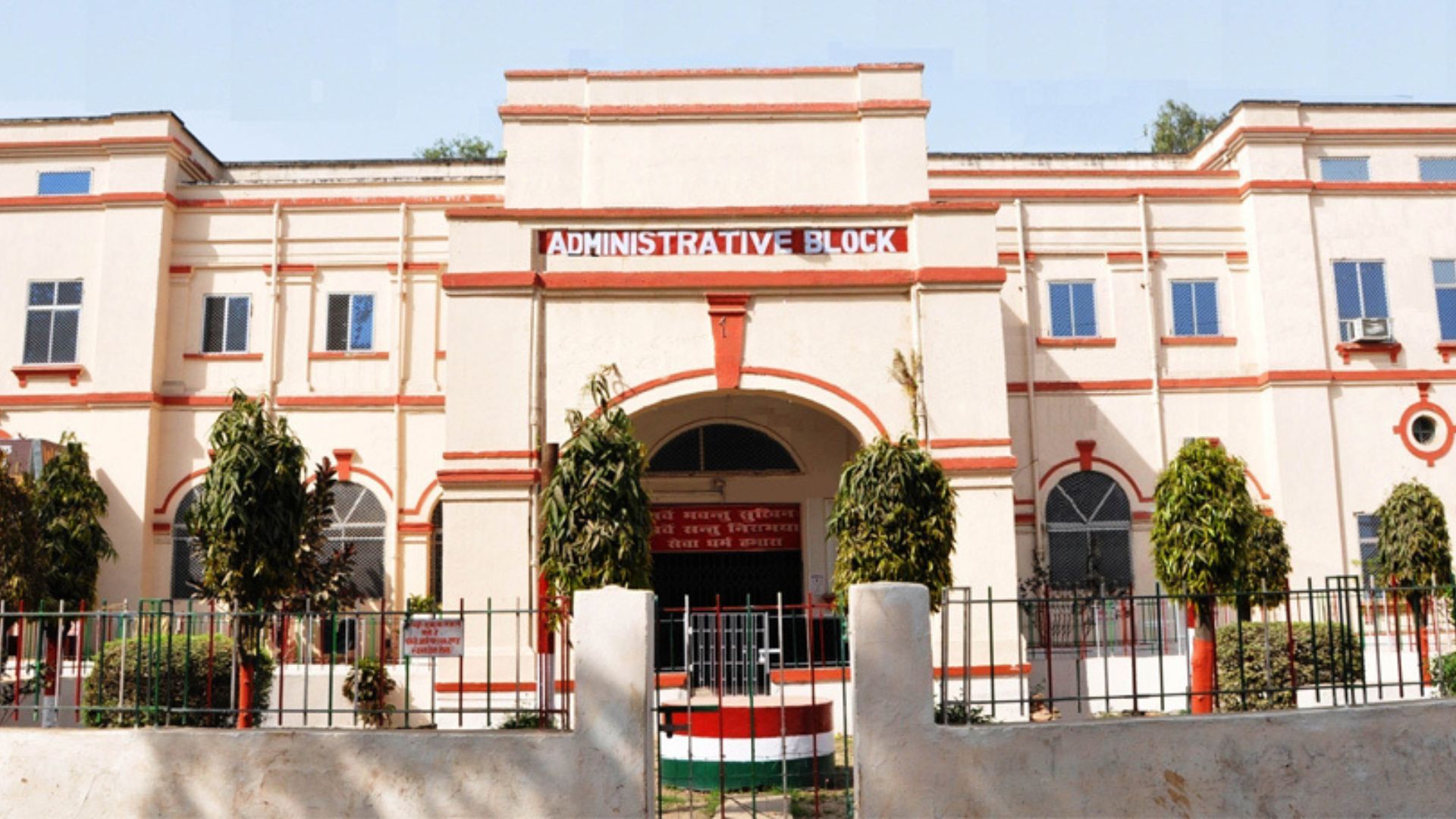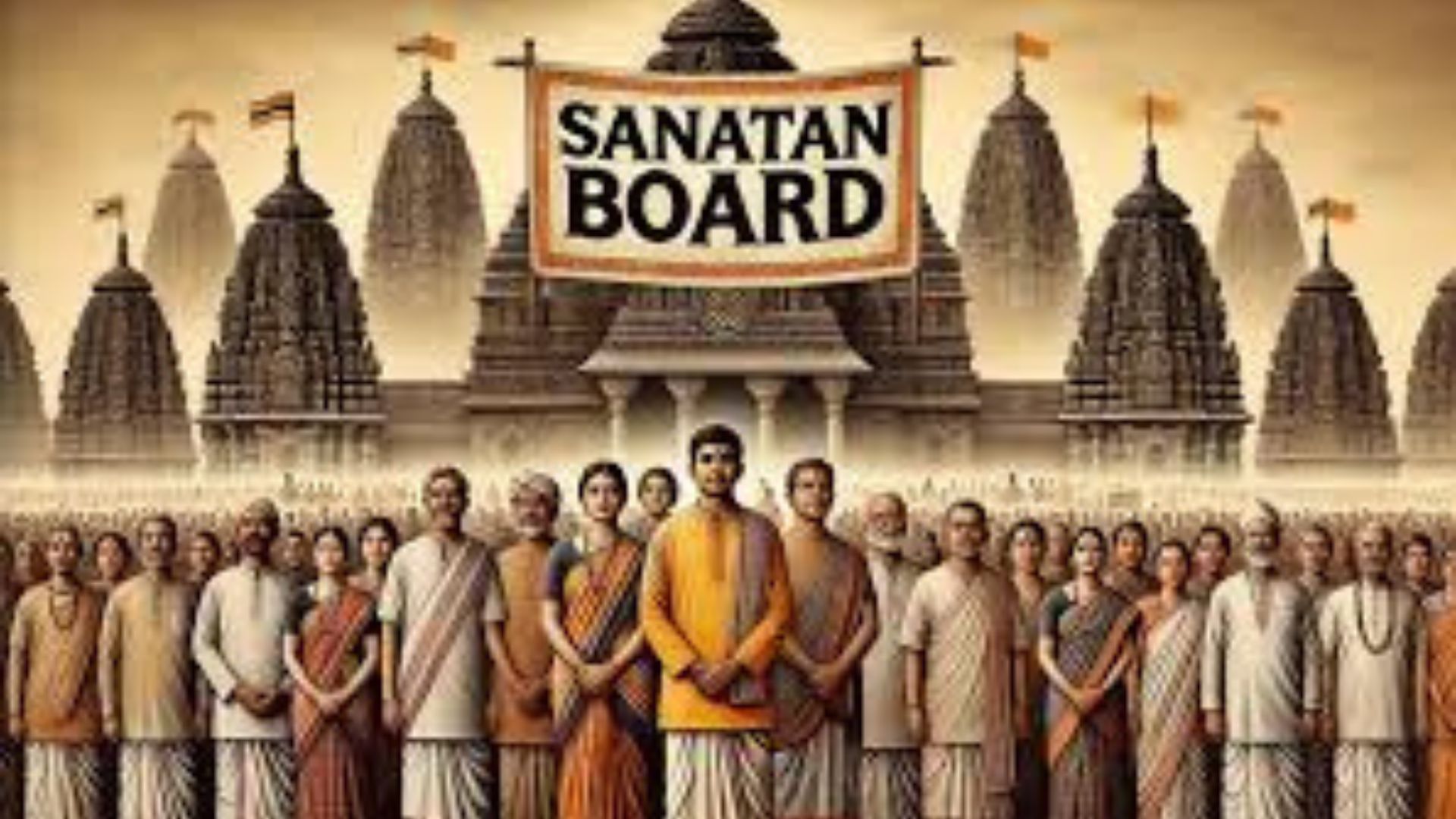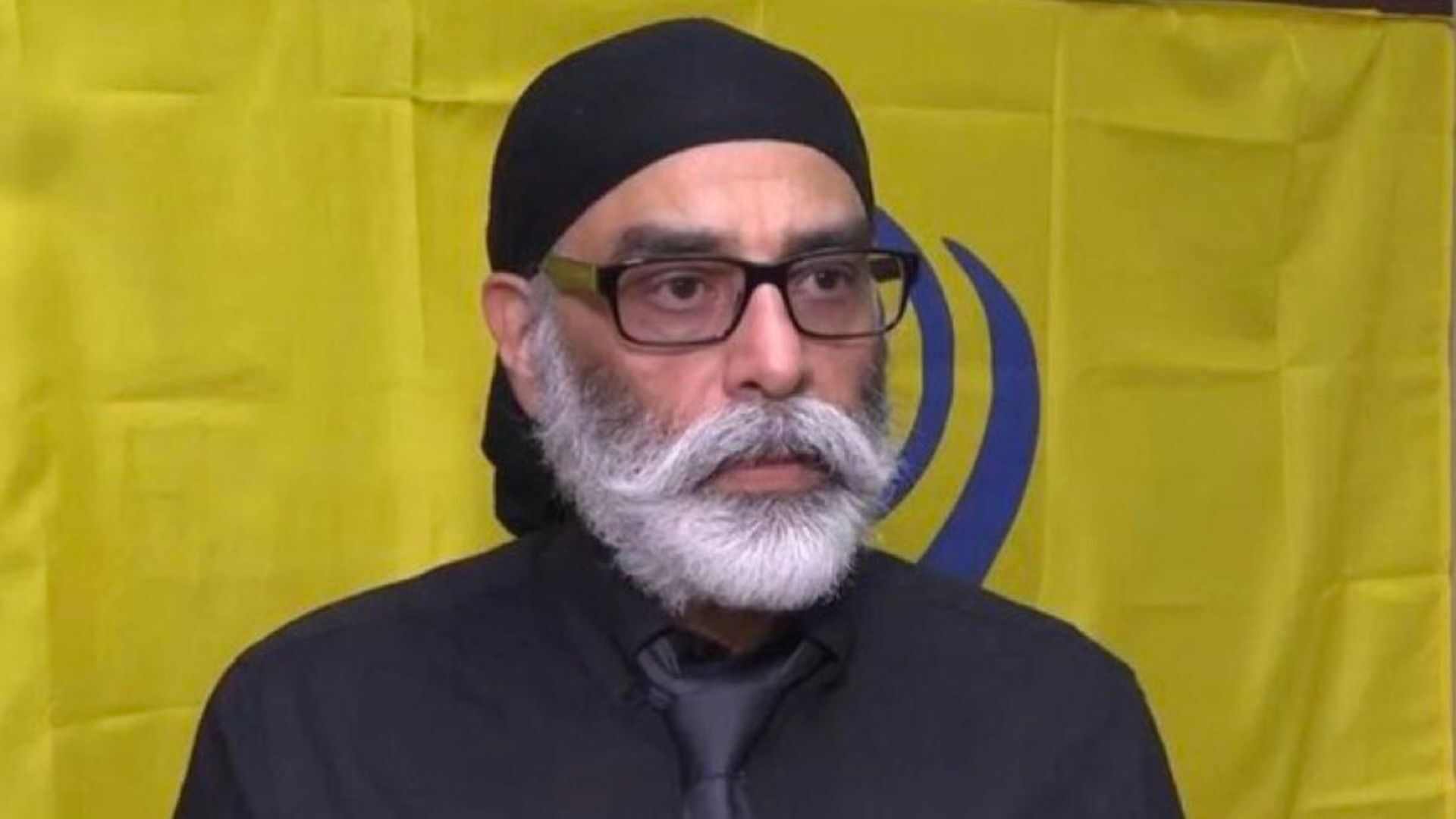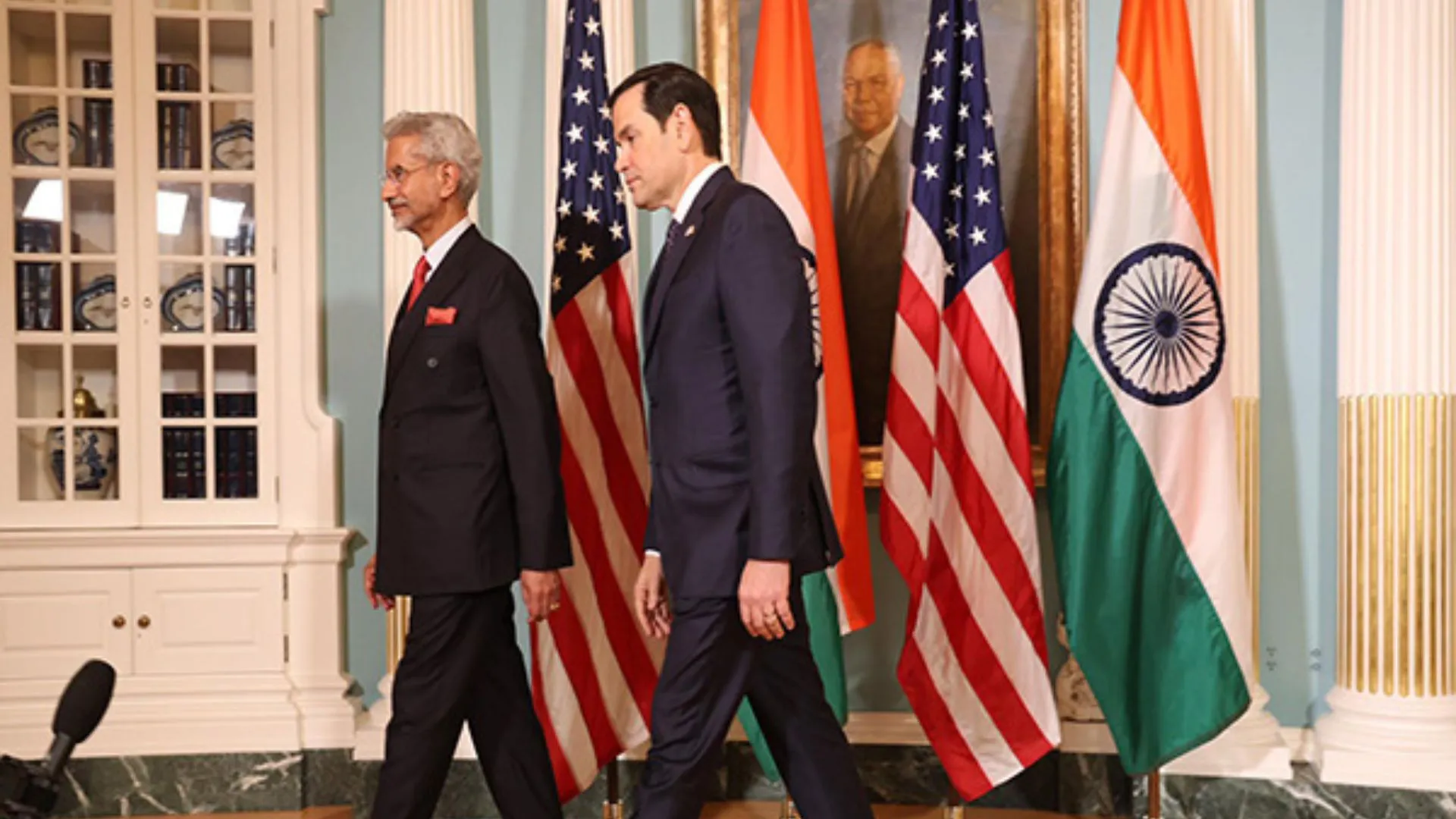Covid-19 has been at the core of talking points for news channels in the last few months. However, coming in close recently on the news was the coverage of the Bihar Assembly elections. Counting for votes for the three-phased Assembly elections began on 10 November. News channels and polling agencies rushed to answer the question on everyone’s mind: Who will the next Chief Minister of Bihar be?
Exit polling is one of the most unique forms of public opinion polling—various factors of the research are not in control of the researcher such as time frame, and who to ask. The results, unlike other forms of public opinion research, have to be published on the same day. The stakes too are higher as the results are not only being watched by viewers across the country but are fact-checked within a few days, if not hours.
The methodology of conducting exit polls has evolved rapidly since the first exit poll in 1984 in India. With this, the importance for these polls has increased as well. They serve as an ‘instant’ preliminary look into gauging the success of any political campaign. Even as exit polling methodology has improved in the last few decades, it is still filled with challenges. The nature of the polls includes surveying limitations of accurate sample sizing, vote to seat share conversion, the multi-party system of Indian politics, and several other external factors affecting results. In today’s column, we explore the exit polls of the Bihar Assembly elections, what they may have had to take into account, and the overall limitations and challenges of conducting exit polls in India.
Shiv Sehgal Director, Polstrat, a political consultancy























